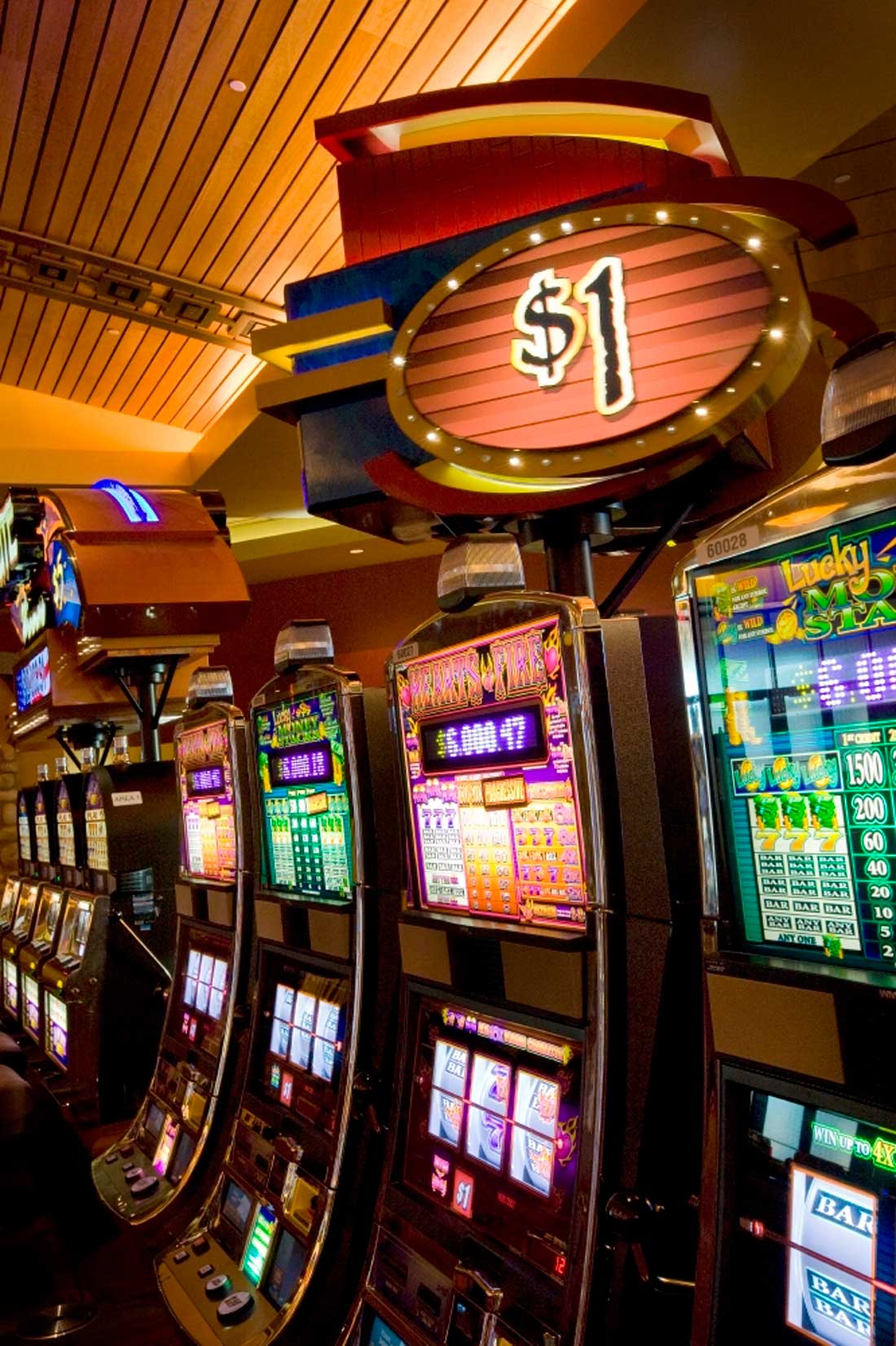
Casino games have long been a engaging source of amusement, drawing millions of players from diverse cultures around the globe. From the opulent casinos of Las Vegas to the bustling gambling halls of Macau, these games serve as a bridge that unites people across various backgrounds. The allure of fortune, tactics, and uncertainty entices not only those hoping to gamble for profit but also those seeking a shared experience.
The significance of casino games extends significantly past the gaming floor. They often represent the social norms and beliefs of the cultures in which they flourish. Games such as Texas hold ’em, blackjack, and the wheel game have woven themselves into the tapestry of mainstream culture, influencing various aspects from cinema to fashion. As we explore this intriguing intersection of chance and society, we can comprehend better how these games shape and are shaped by the surrounding world.
Historical Development of Gambling Games
The roots of gambling games can be traced back to historical civilizations, where betting in different forms was extensively practiced. In China, around 2300 B.C., a form of gambling known as Keno was well-known, while in historic Rome, soldiers would often wager on the consequences of their contests. The idea of using chance for amusement and profit progressed over the ages, leading to the creation of more organized activities. Nhà Cái Uy Tín By the end of the Middle Ages, gambling houses began to surface in European nations, notably in Italy, which introduced early incarnations of famous activities still enjoyed today.
As gambling increased recognition in European regions, the 17th and 18th centuries saw the rise of casinos as dedicated venues for betting. The initial official gaming venue, the Ridotto, was set up in Venice in 1638, providing activities like Baccarat games and Faro games. This time marked a significant shifting point, as casinos started to draw not just the wealthy but also the growing middle-income class. The sophistication of games evolved, leading to the introduction of new regulations and modifications that enriched the experience of players.
In the 19th century, the industrial revolution and changes in societal conventions also altered the terrain of gaming activities. The introduction of roulette and contemporary gaming machines drew a larger clientele, and casinos became seen as acceptable entertainment. This time witnessed the international spread of casino activities, as casinos spread from Europe to the Americas, culminating in the development of the legendary Strip of Las Vegas in the 1900s. The progress of gambling activities has persisted into the present day, integrating technology and digital platforms, making them available to a global population.
## Cultural Significance within Different Societies
Gambling games have deep-rooted cultural and social significance in numerous communities throughout the globe. In Las Vegas, the very essence of the city is woven around gaming venues, where gambling is not just a pastime but a central aspect of leisure and community life. The vivid lights and vibrant atmosphere attract millions, showcasing how casino games can impact local economies and cultural identities. This surrounding transforms the notion of leisure into an engaging event that shapes fashion, music, and even film.
In contrast, some societies treat betting with greater care, viewing it through the lens of ethical beliefs and tradition. A case in point, in various Eastern cultures, games like Mahjong and Pai Gow are steeped in history and have significant social relevance. These games are often played during meetings and festivities, fostering social ties and reinforcing familial ties. The act of playing these games goes past mere entertainment, reflecting ethics such as respect for elders and the significance of communal fun.
At the same time, in European countries such as the principality of Monaco and Rome, casino games serve as symbols of wealth and sophistication. The stylish atmosphere of these venues attracts both tourists and native inhabitants, reinforcing a sense of prestige and exclusivity. The art of poker and the tactical components of games like banker’s game are esteemed, molding interpersonal interactions and creating an appeal that captivates a varied audience. This highlights how gambling can both mirror and influence societal views towards danger, gain, and social interaction.
Financial Influence and Travel Industry
Casino games play a important role in the economic landscape of many areas, particularly those that rely heavily on tourism. The revenue produced from gambling establishments fuels local economies, creating employment opportunities not only within the casinos but also but also in related sectors such as hospitality, restaurant services, and recreation. This surge of tourists, drawn by the allure of gambling and the overall gaming environment, stimulates spending across multiple businesses, contributing to the economic health of the region.
The existence of casinos often leads to the development of facilities, including hotels, transportation systems, and leisure amenities. These developments are essential in enhancing the overall tourist experience, making locations more attractive to visitors. Additionally, many casinos contribute in local communities through sponsorship of events and philanthropic activities, further embedding themselves into the community structure of the region. Such investment not only supports economic growth but also cultivates a positive image of the gambling sector.
Moreover, the worldwide appeal of casino games drives competitive tourism, with regions vying to attract gamblers from around the world. Iconic destinations like Las Vegas and Macau have become identifiable with gambling culture, drawing millions each year. This advantage encourages innovation and diversification within the gaming industry, influencing trends in leisure and accommodation that resonate beyond their limits. The ripple effects of this tourism extend wide, impacting local economies and cultural interactions on a worldwide scale.
